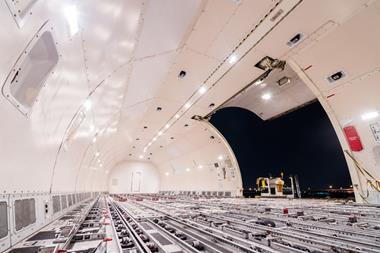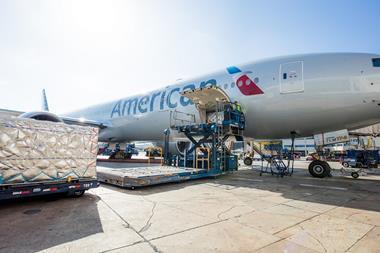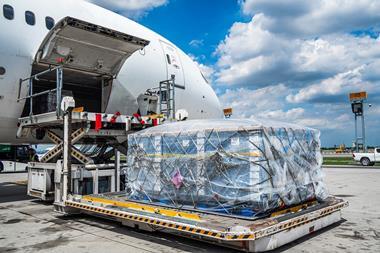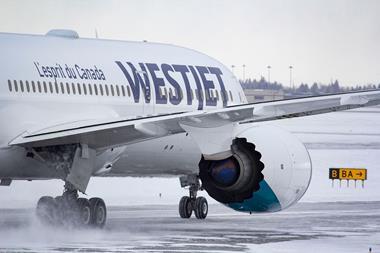Etihad Cargo saw both cargo volumes and revenues fall in 2019 as a result of fleet rationalisation programme and a weak market.
The Abu Dhabi headquartered carrier saw 2019 cargo volumes fall by 6.9% year on year to 635,000 tonnes, while total revenues fell by 15.7% year on year to $700m,
This decline is mostly attributable to the full-year effect of belly-hold and freighter capacity rationalisation undertaken in the fourth quarter of 2018, combined with adverse market conditions that resulted in yields dropping by 7.8%.
IATA estimates that the overall cargo market declined by 3.3% last year.
The carrier said it "remained committed to its transformation in 2019" despite the "challenging market headwinds".
Etihad has reduced its freighter fleet and invested in its digital services over the last couple of years.
It also recently entered into a major GSA partnership with the ECS Group.
"Underlying transformation results were visible in the fourth quarter, having recorded a 5.6% increase in FTKs over the same period in 2018, with 1.7 percentage points higher load factors," the carrier said.
Meanwhile, the overall Etihad business saw revenues drop by around 5.4% to €5.6bn while losses were reduced to $870m, compared with $1.3bn last year.















